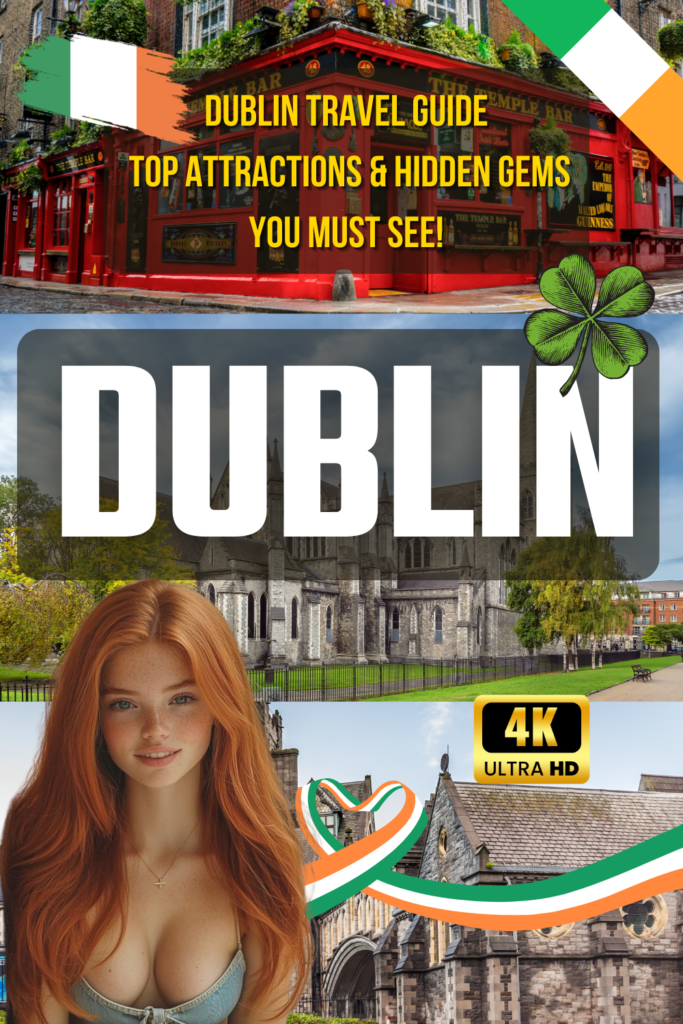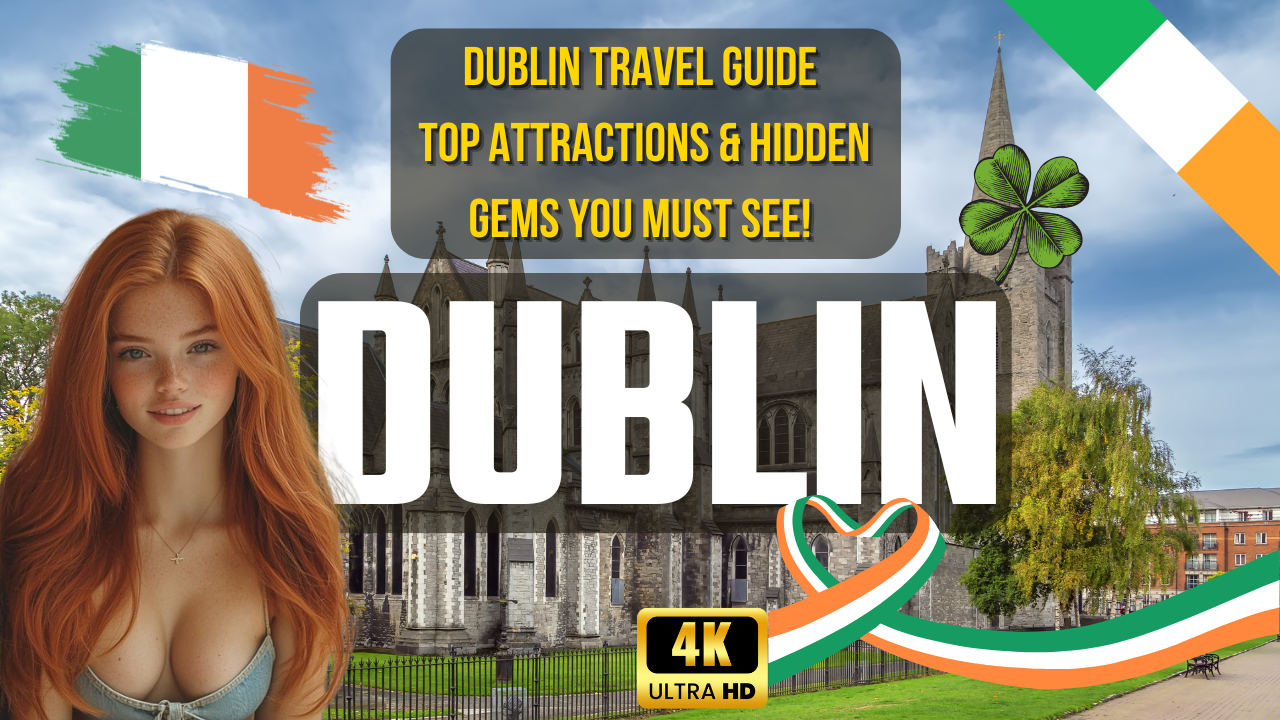Travel to Dublin, where rich history and vibrant culture await you at every corner. In this guide, you will discover the top attractions that define this captivating city, along with some hidden gems that many visitors overlook. Get ready to navigate through iconic landmarks like the Guinness Storehouse and Trinity College, while also exploring enchanting neighborhoods and local favorites. With this comprehensive introduction, your journey will be both memorable and enriching, ensuring you experience the best that Dublin has to offer.
Top Attractions
The vibrant city of Dublin is filled with a mix of historical, cultural, and natural wonders that make it a must-visit destination. From stunning architecture to picturesque parks, your exploration of this Irish capital promises to be a delightful experience. You won’t want to miss the lively streets and the incredible stories that each attraction tells.

Historical Sites
For history enthusiasts, Dublin offers a wealth of ancient sites that illustrate the city’s rich past. Key locations such as Trinity College, home to the famed Book of Kells, and Dublin Castle, which highlights architectural evolution over centuries, provide you with an inspiring glimpse into Ireland’s heritage.

Cultural Landmarks
The heart of Dublin is alive with cultural landmarks that celebrate Irish art, literature, and music. From the iconic Grafton Street buzzing with performers to the historic Abbey Theatre, where you can witness the best of Irish theatre, you will find that each site contributes uniquely to the city’s cultural tapestry.
Cultural landmarks in Dublin are not only visually stunning but also steeped in stories that reflect the spirit of the nation. You can explore St. Patrick’s Cathedral, which was built in the 12th century and is a significant symbol of the country. Don’t miss the National Museum of Ireland, where you can immerse yourself in Irish history and culture through an impressive range of exhibits and artifacts. Each location you visit has a distinctive charm and connects you to Ireland’s vibrant legacy.

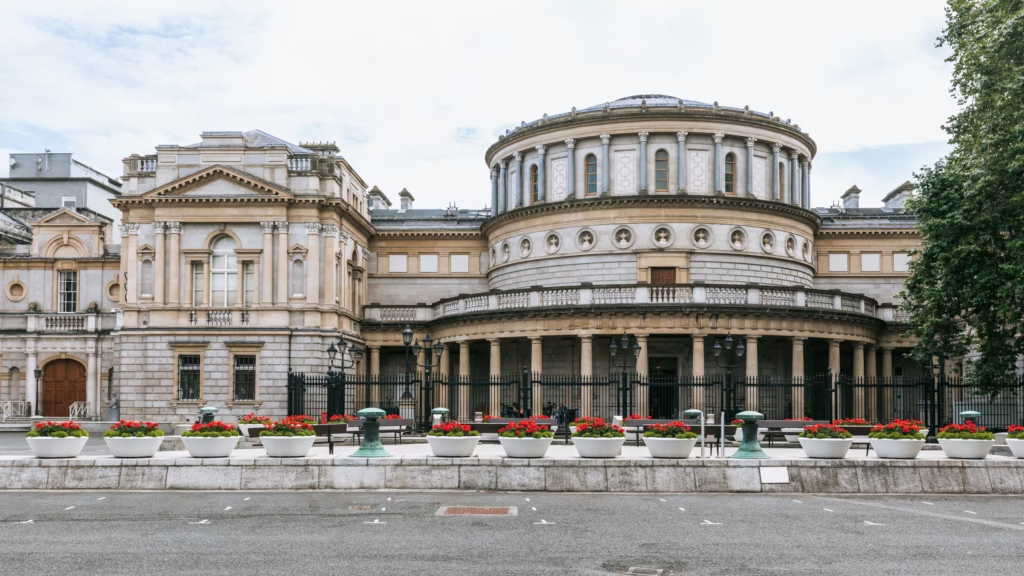
Natural Wonders
The blend of urban life and natural beauty in Dublin is striking, making it a lively place to explore parks and outdoor retreats. Phoenix Park, one of the largest walled city parks in Europe, offers stunning landscapes and even a chance to see wild deer roaming freely.



Historical landscapes provide a serene escape from the city’s hustle and bustle. Phoenix Park is not only a massive green space but is also home to important sites such as Áras an Uachtaráin, the presidential residence. Here, you can enjoy a leisurely stroll, have a picnic, or even spot roaming deer. Additionally, the picturesque Howth Cliff Walk offers breathtaking coastal views, allowing you to connect with the beauty of Dublin’s natural environment while taking in the stunning Atlantic sea. Whether you seek adventure or relaxation, these natural wonders will leave a lasting impression.
Hidden Gems
There’s a treasure trove of hidden gems in Dublin that await your discovery. While the well-known sites are certainly enchanting, delving into the less-traveled corners of the city can offer you a unique glimpse of its character and charm. From quiet parks to captivating alleyways, these buried treasures will leave you with unforgettable memories and a deeper appreciation of this vibrant city.
Off-the-Beaten-Path Locations
The quiet streets of Dublin hold some lesser-known spots perfect for adventurers like you. Explore the tranquil Hoggestown Park, a serene escape where you can relax amid nature, or wander through Marino Casino, an enchanting architectural feat that often flies under the radar. These hidden locales promise a refreshing break from the bustling crowds.


Local Favorites
With Dublin brimming with charm, local favorites often reveal the city’s authentic spirit. Seek out lively pubs like John Kavanagh’s, known for its rich history and inviting atmosphere, or venture to the hidden gem of Camden Market, where you can indulge in delicious food and unique crafts. Embrace these cherished spots for an experience that truly captures Dublin’s essence.

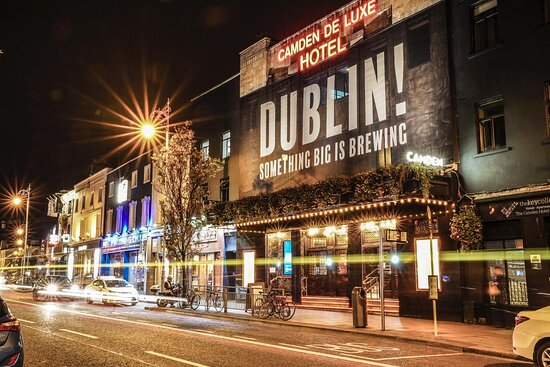

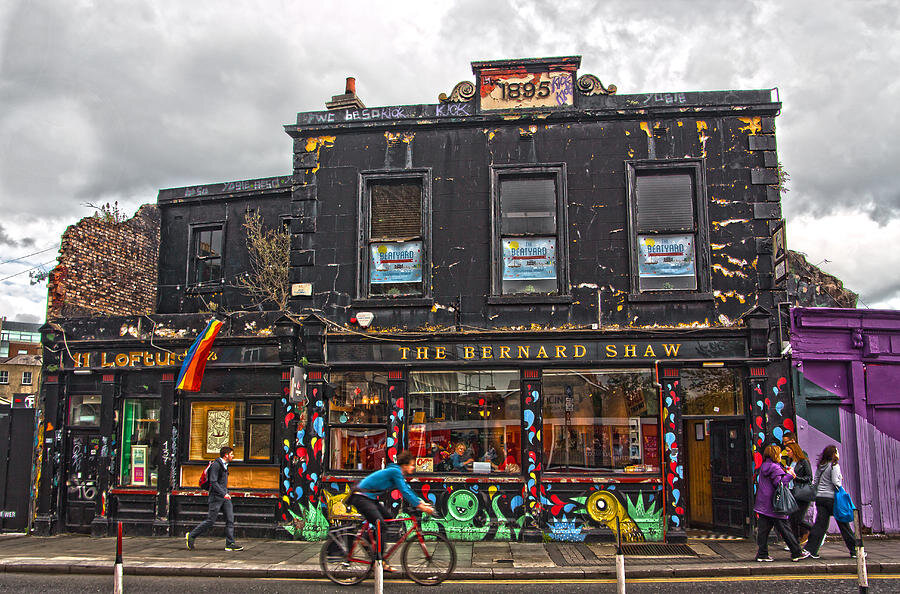
For instance, locals rave about the cozy vibe of Odessa Club, a fantastic venue where you can enjoy live music and great food. Conversely, immerse yourself in the lively ambiance of The Bernard Shaw, famous for its eclectic decor and food trucks. These spots not only serve excellent drinks and cuisine but also foster a sense of community, making them ideal choices for your Dublin experience. Embracing these local favorites ensures you will savor the rich culture and atmosphere of this fantastic city in a way that tourists often miss.
Types of Tours
For your adventure in Dublin, there are various tour types to fit every desire and style. Explore the city with options like:
| Guided Tours | Experience expert insights and historical narratives. |
| Self-Guided Options | Discover Dublin at your own pace and preference. |
| Walking Tours | Enjoy a closer look at the city’s architecture and charm. |
| Cultural Tours | Dive into Dublin’s rich artistic and cultural heritage. |
| Food Tours | Indulge in Dublin’s culinary delights with local specialties. |
Recognizing the best option for you can enhance your visit immensely.
Guided Tours
Guided tours provide you with an in-depth exploration of Dublin’s sites and history. Led by knowledgeable guides, these tours often include notable attractions, intriguing tales, and access to local experiences, allowing you to engage more deeply with the city than you would on your own.
Self-Guided Options
The self-guided options allow you to explore Dublin at your own pace, giving you the freedom to prioritize attractions that interest you most. You can create your own itinerary, take detours, and stop whenever something catches your eye.
Another appealing aspect of self-guided options is the ability to customize your experience. You can download mobile apps for interactive maps and recommendations, ensuring you don’t miss landmarks or hidden gems. Just be cautious about your surroundings, as some areas can be overwhelming without a guide. By having control over your exploration, you can truly immerse yourself in the heart of Dublin and discover its unique character.
Accommodation Recommendations
Clearly, choosing the right place to stay is key for a great experience in Dublin. Look for accommodations in the city center for easy access to attractions and dining.
To ensure a satisfying stay, consider areas like Temple Bar for vibrant nightlife, or St. Stephen’s Green for a quieter, more scenic environment. Look for well-reviewed hotels, hostels, or Airbnbs to suit your budget and preferences, and don’t forget to check the location to maximize your exploration opportunities.
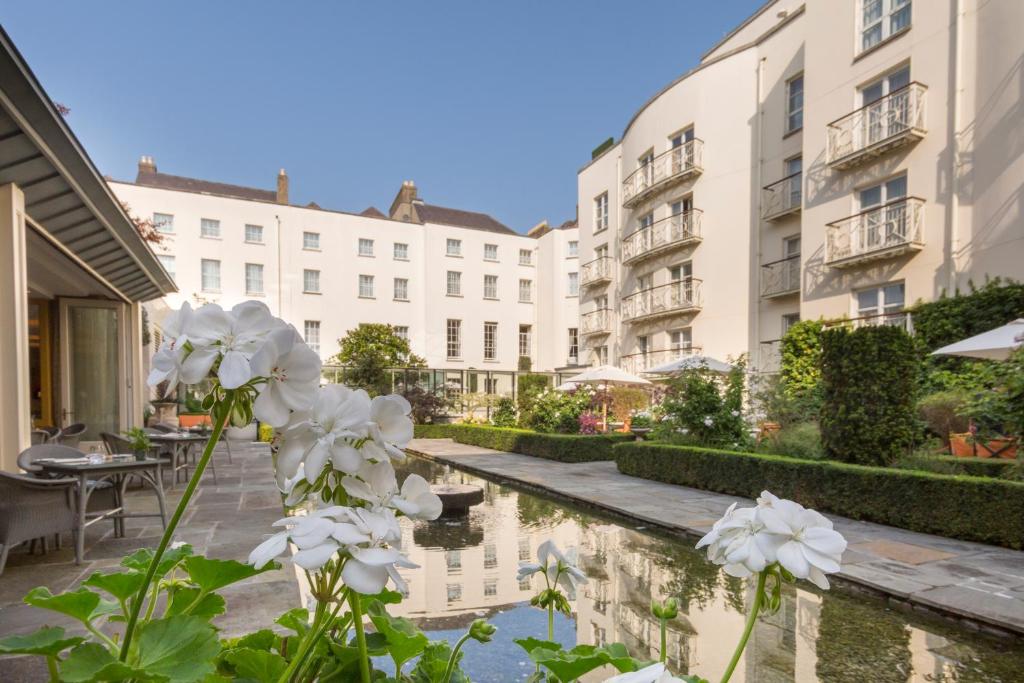
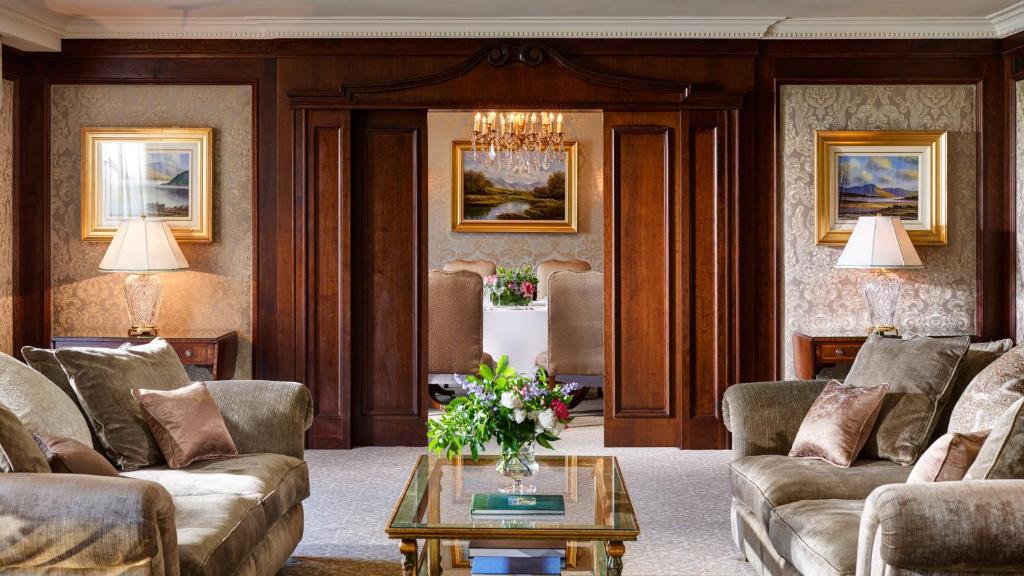
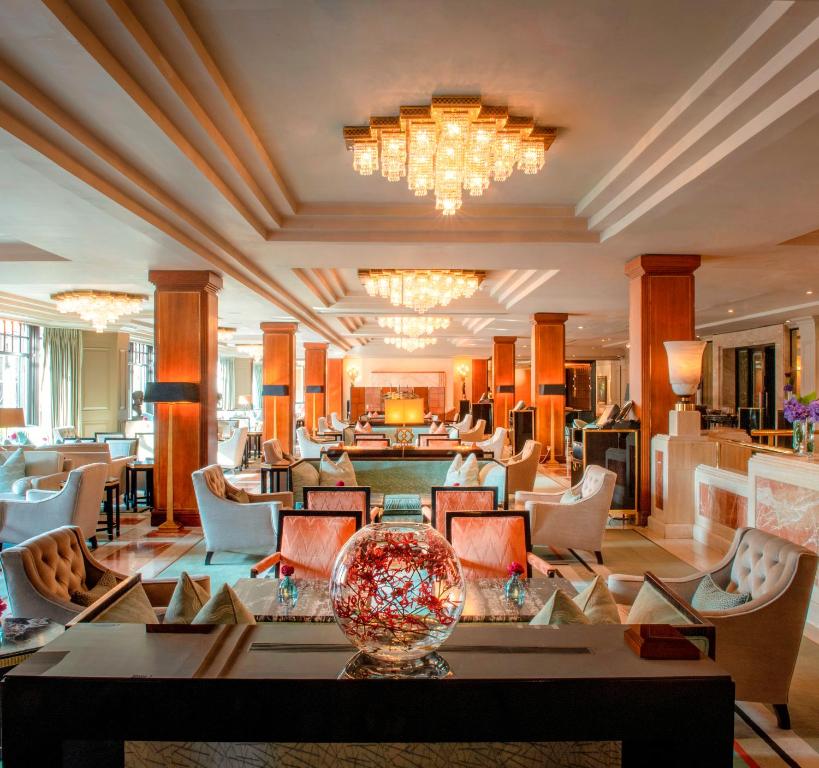
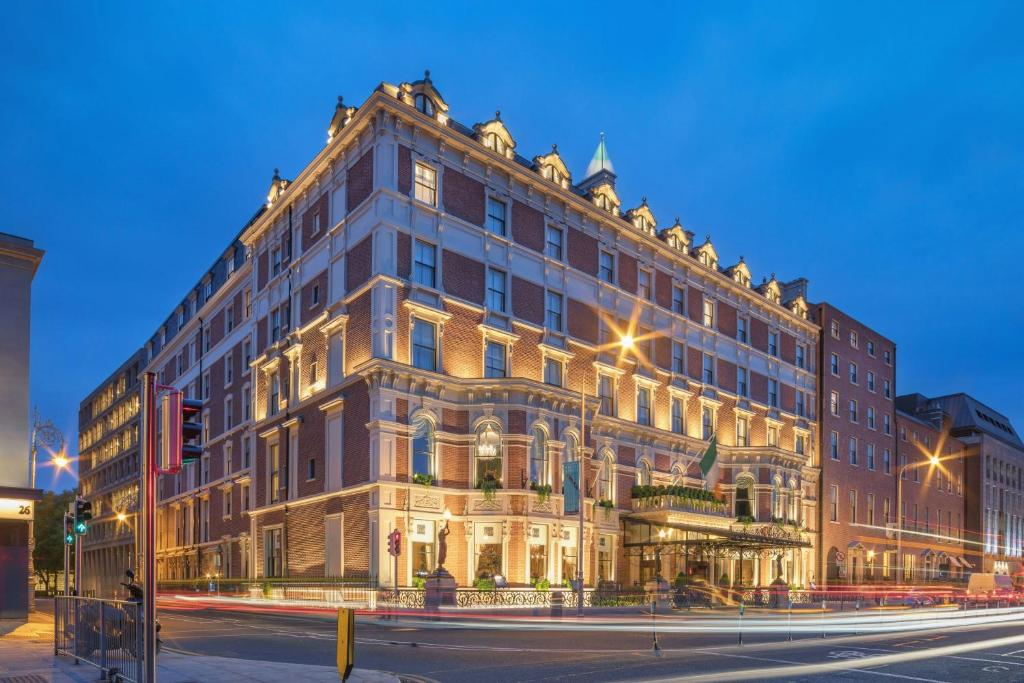
Here’s the table with price ranges and key amenities for each hotel:
| Luxury Hotels | Price Range | Key Amenities | Budget-Friendly Hotels | Price Range | Key Amenities |
|---|---|---|---|---|---|
| The Shelbourne, Autograph Collection | €400-€700/night | Spa, fine dining, historic elegance, city center | Generator Dublin | €30-€80/night | Trendy hostel, bar, social events, private & dorm rooms |
| The Westbury | €350-€600/night | 5-star luxury, Michelin-star dining, Grafton Street location | Abigail’s Hostel | €25-€70/night | Riverside location, free breakfast, female-only dorms available |
| InterContinental Dublin | €300-€550/night | Spa, pool, large rooms, quiet area | Gardiner House | €20-€60/night | Historic building, communal kitchen, free Wi-Fi |
| The Merrion | €450-€750/night | 18th-century charm, award-winning restaurant, luxurious spa | Jacobs Inn Hostel | €35-€90/night | Pod-style dorms, modern design, bar & café |
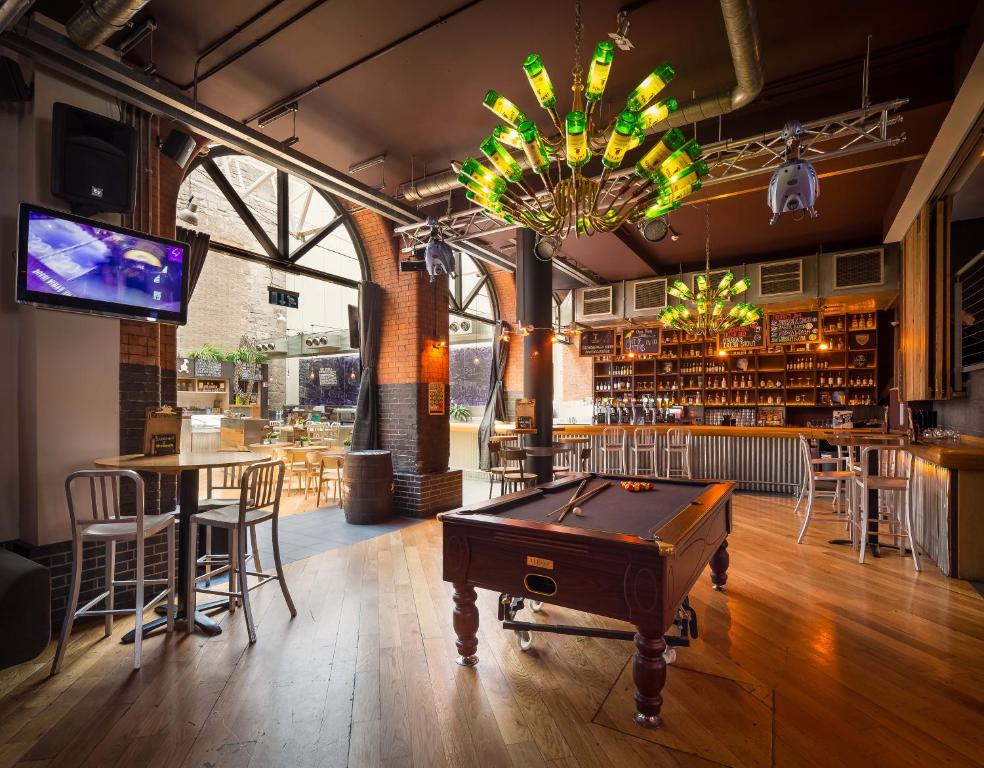
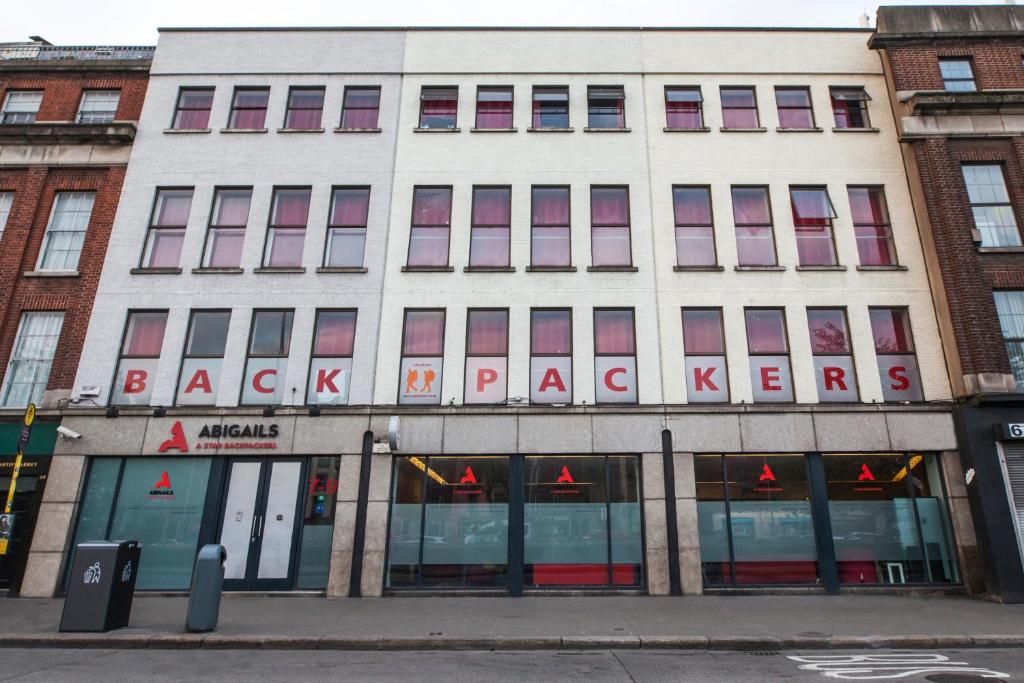

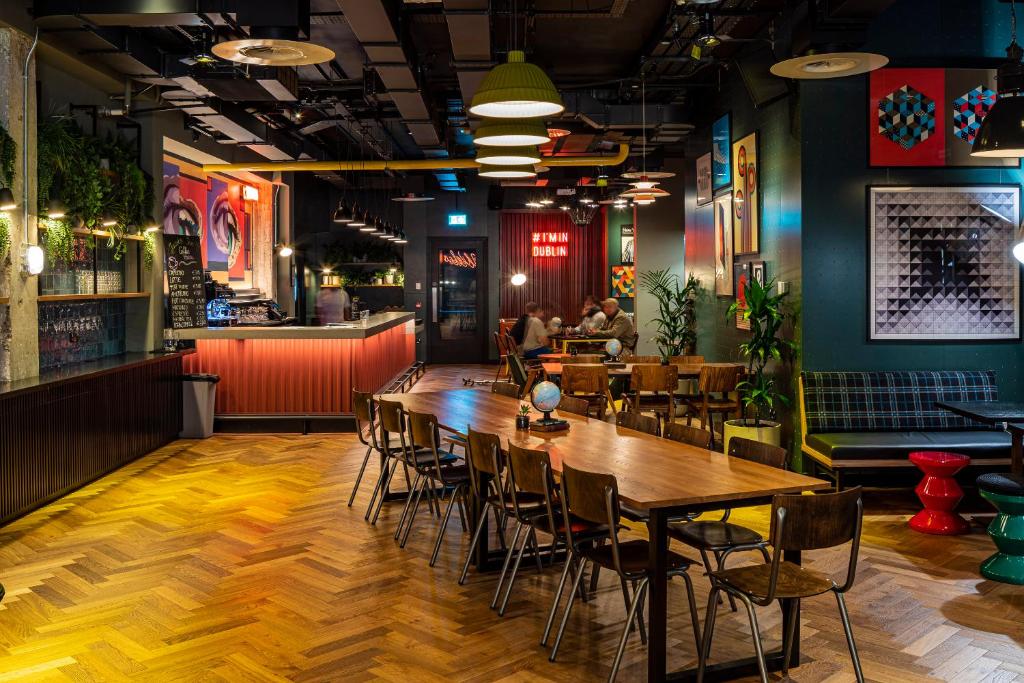
Travel Tips
Not all travel plans are created equal, so pay attention to these helpful tips for navigating Dublin.
- Pack an umbrella for unpredictable weather.
- Book your accommodations in advance for better deals.
- Use public transportation to save money and time.
- Be aware of local customs and etiquette.
- Keep an eye on your belongings in busy areas.
Thou will find that these insights can enhance your overall experience.

Get your free luggage tags: https://buff.ly/4aekjm2
Best Times to Visit
Some of the best times to visit Dublin are from March to May and September to November, when the weather is mild and the city is less crowded. During these months, you’ll enjoy fewer tourists, vibrant local events, and a chance to soak in your surroundings without feeling rushed.
Transportation Options
Best ways to get around Dublin include walking, cycling, and utilizing public transport systems like buses and the Luas tram. With a well-connected network, you’ll find it easy to access major attractions.
This blend of transport options makes navigating Dublin not only convenient but also a chance to explore the city at your pace. Walking through cobblestone streets allows you to discover hidden gems, while the biking system encourages a more active experience. For longer distances, don’t hesitate to hop on a bus or tram, providing you with a quick and efficient way to reach your desired locations.
Step-by-Step Itinerary
Once again, planning your trip to Dublin is crucial for maximizing your experience. By following a structured itinerary, you can seamlessly explore the best attractions and hidden gems. Here’s a handy breakdown to guide you through your adventure:
| Time | Activity |
|---|---|
| 9:00 AM | Visit Trinity College & Book of Kells |
| 11:00 AM | Stroll through St. Stephen’s Green |
| 1:00 PM | Enjoy lunch at a traditional pub |
| 2:30 PM | Explore Dublin Castle |
| 4:00 PM | Visit the Guinness Storehouse |
| 7:00 PM | Dine and soak up nightlife in Temple Bar |
One-Day Itinerary
You can pack a lot into a single day in Dublin by following this tailored itinerary. Start your adventure early with a visit to Trinity College, where you can admire the stunning Book of Kells. Continue to enjoy the serene atmosphere of St. Stephen’s Green, indulge in Irish cuisine for lunch, and then probe into the rich history of Dublin Castle. End your day at the Guinness Storehouse, followed by dinner in the vibrant Temple Bar district, where you can witness the nightlife come alive.
Weekend Getaway Guide
One fantastic way to experience Dublin is through a weekend getaway packed with highlights and local treasures.
Weekend getaways in Dublin provide the perfect escape for those looking for culture, cuisine, and entertainment. You can explore the city’s rich literary heritage at the Dublin Writers Museum, wander through the historic streets, and visit the intriguing Kilmainham Gaol. A weekend also allows for leisurely strolls along the River Liffey, indulging in delectable meals at local restaurants, and immersing yourself in the vibrant nightlife in areas like Temple Bar. Don’t miss out on hidden gems like the Little Museum of Dublin and enjoy picturesque walks in Phoenix Park, where you may even spot some deer!
Factors to Consider
Many travelers overlook important factors when planning a trip to Dublin. It’s vital to consider:
- Budget
- Weather
- Transportation
- Cultural Events
- Accommodations
Perceiving these elements can significantly enhance your travel experience.
Budgeting for Your Trip
There’s a variety of costs to anticipate, from accommodations and meals to attractions and souvenirs. Establishing a budget beforehand helps you prioritize your spending and ensures you enjoy your time without financial stress. Consider using apps to track expenses and identify the best deals for activities.
Weather Considerations
Considerations for Dublin’s weather are vital for your trip planning. With an oceanic climate, it experiences frequent rain and cool temperatures year-round. You should definitely pack for varying weather conditions, bringing layers that can accommodate both sunny spells and rainy days. It’s advised to carry a waterproof jacket and comfortable shoes, as you may explore outdoor attractions.
Trip preparations for Dublin necessitate a good grasp of the local weather patterns to enhance your experience. Notably, spring and summer offer milder conditions, making them favorable for sightseeing. However, even during these seasons, be cautious of sudden showers. Fall can be quite chilly, while winter months may bring frost. Keep an eye on the forecast as your travel dates approach so you can adjust your wardrobe accordingly.

Pros and Cons of Visiting Dublin
Unlike many other European capitals, Dublin offers a unique blend of vibrant culture and historical charm, but it comes with its own set of pros and cons. Below, you’ll find a quick comparison to help you decide if Dublin is the right destination for you.
| Pros | Cons |
|---|---|
| Rich history and culture | Higher cost of living |
| Friendly locals | Occasional rain and unpredictable weather |
| Walkable city | Limited public transport options |
| Vibrant nightlife | Crowded tourist spots |
| Delicious cuisine | Some areas can feel unsafe at night |
Advantages of Exploring Dublin
There’s a captivating allure to Dublin’s bustling streets and historical landmarks. You’ll find an abundance of attractions, from the iconic Trinity College to the literary heritage that inspired countless authors. The warm hospitality of the locals adds to the city’s charm, making your experience memorable. Enjoy world-class pubs, diverse dining options, and vibrant festivals that truly showcase the essence of Irish culture.
Potential Drawbacks
There’s a chance that your visit to Dublin may not be all smooth sailing. While the city is filled with exciting attractions, it also has its challenges, which you should be aware of.
Exploring Dublin can lead to some potential drawbacks that may affect your travel plans. The cost of living and accommodation prices can be significantly high, especially in popular areas. Moreover, the weather often surprises visitors with unpredictable rains. As a solo traveler or someone unfamiliar with the city, you might find some neighborhoods feeling less safe at night, so it’s best to stay alert. Though public transportation exists, it can be limited in efficiency, making it necessary to depend on walking or rideshares for longer distances.
Molly Mallone
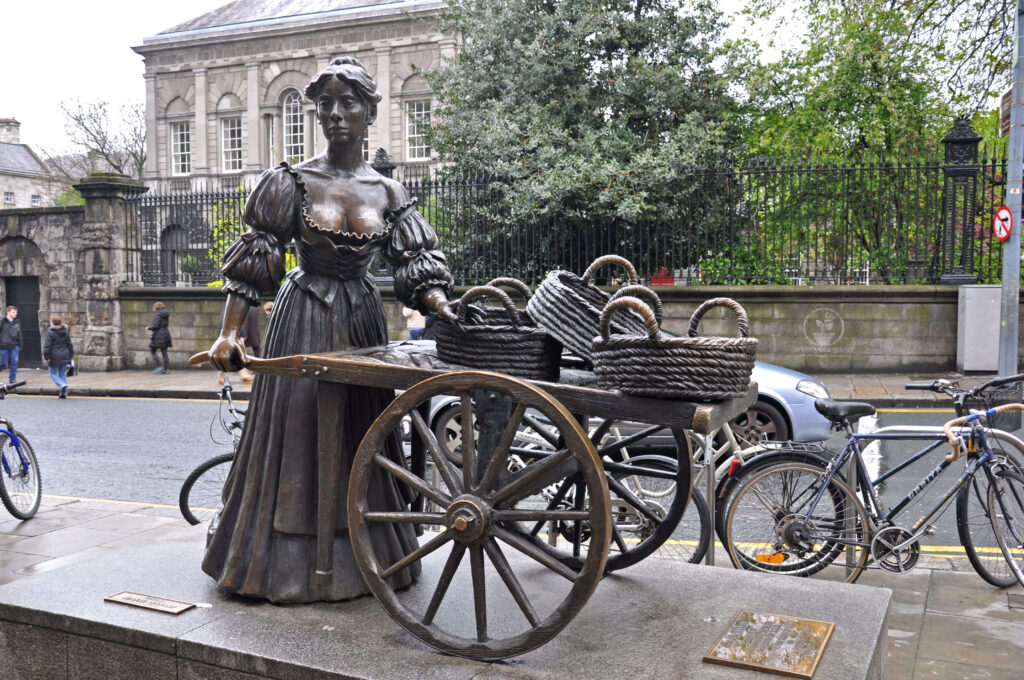
Molly Malone is a legendary figure in Irish folklore, immortalized in the famous Dublin song “Molly Malone.” According to the tale, she was a beautiful young fishmonger who roamed the streets of Dublin, selling cockles and mussels while calling out her famous cry: “Cockles and mussels, alive, alive, oh!”
Some versions of the story suggest that she tragically died of a fever at a young age. While there is no historical evidence proving her existence, Molly Malone remains a beloved symbol of Dublin. A bronze statue of her, located on Grafton Street, is a popular tourist attraction. The song “Molly Malone” has become Dublin’s unofficial anthem, keeping her legend alive for generations.
FAQ
Q: What are the top attractions to visit in Dublin?
A: Dublin is rich in history and culture, offering a variety of attractions to explore. Some of the top attractions include:
- Trinity College and the Book of Kells: Home to the famous illuminated manuscript, this historic university also features stunning architecture and the Long Room library.
- Dublin Castle: A symbol of British rule in Ireland, Dublin Castle boasts beautiful gardens and exhibitions detailing its history.
- Guinness Storehouse: Learn about the brewing process of Ireland’s iconic stout and enjoy a pint with a panoramic view of the city from the Gravity Bar.
- St. Patrick’s Cathedral: The largest cathedral in Ireland, this architectural masterpiece is dedicated to the patron saint and offers guided tours of its historic interior.
Q: What are some hidden gems to explore in Dublin?
A: While Dublin has many well-known sights, it also has some hidden gems worth visiting:
- Marsh’s Library: This beautiful early 18th-century library is tucked away near St. Patrick’s Cathedral and houses a stunning collection of books and manuscripts.
- The Little Museum of Dublin: A charming museum that tells the city’s story through unique artifacts and personal stories of its residents.
- The Dublin Flea Market: Located in various places during the month, this vibrant market features local artisans, vintage finds, and delicious food options.
- St. Michan’s Church: Known for its fascinating crypt filled with mummified bodies, this church offers a unique glimpse into Dublin’s past.
Q: How can I get around Dublin easily?
A: Dublin has a number of transportation options that make getting around the city convenient. Here are a few methods:
- Public Transport: Dublin Bus, Luas (tram), and the DART (train) cover most areas of the city and suburbs efficiently. Consider getting a Leap Card for savings on fares.
- Bicycles: The city has a bike-sharing scheme called “DublinBikes,” which allows visitors to rent bikes for short trips around town.
- Walking: Many of Dublin’s attractions are within walking distance of each other, making it easy to explore the city on foot while enjoying its vibrant atmosphere.
- Taxis and Rideshares: Taxis are readily available, and rideshare apps like Uber operate in Dublin for convenient transportation options.

